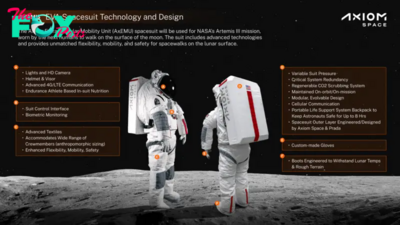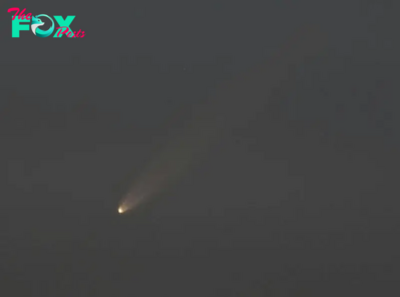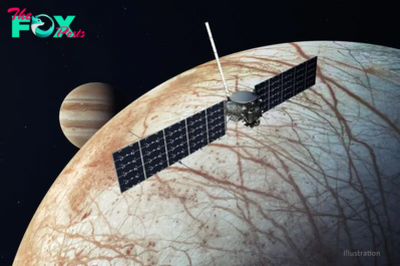Science
AI-powered 'digital twin' of Earth could make weather predictions at super speeds
Scientists have created a "digital twin" of our planet that can be used to predict weather far faster than traditional services.
The Technology could help prevent some of the catastrophic impacts of disasters such as typhoons and flooding. The intensive data-crunching system could also give us a more detailed view of the future effects of climate change and reveal clues about how to mitigate it.
The system is built by Nvidia, a multinational company that builds graphics processing units (GPUs), which are electronic circuits that can carry out high-speed mathematical equations that enable activities such as machine learning, a type of artificial intelligence (AI).
The platform, called Earth-2, contains a suite of machine learning technologies developed by Nvidia, all of it driven by supercomputers to provide the immense processing power needed to do the job.
Combined, these create "a virtual replica of a physical object or system, in this case, Earth's climate," Dion Harris, head of data center product marketing at Nvidia, told Live Science.
The system takes the form of an interactive interface that runs simulations of weather and climate across the planet, allowing users to set different parameters and simulate weather in different locations at a highly detailed 1.2-mile (2 kilometers) scale.
Related: Atlantic's hurricane alley is so hot from El Niño it could send 2024's storm season into overdrive
-

 Science21h ago
Science21h agoHere’s What Trump’s Win Means for NASA
-

 Science3d ago
Science3d agoWhy Risky Wildfire Zones Have Been Increasing Around the World
-

 Science4d ago
Science4d agoIt’s Time to Redefine What a Megafire Is in the Climate Change Era
-

 Science5d ago
Science5d ago4 Astronauts Return to Earth After Being Delayed by Boeing’s Capsule Trouble and Hurricane Milton
-

 Science6d ago
Science6d agoThe Elegance and Awkwardness of NASA’s New Moon Suit, Designed by Axiom and Prada
-

 Science1w ago
Science1w agoSpaceX Launches Its Mega Starship Rocket. This Time, Mechanical Arms Catch It at Landing
-

 Science3w ago
Science3w agoYou Won’t Want to Miss October’s Rare Comet Sighting. Here’s How and When You Can See It
-

 Science1m ago
Science1m agoA New Spacecraft Could Help Determine if There’s Life on a Moon of Jupiter



























